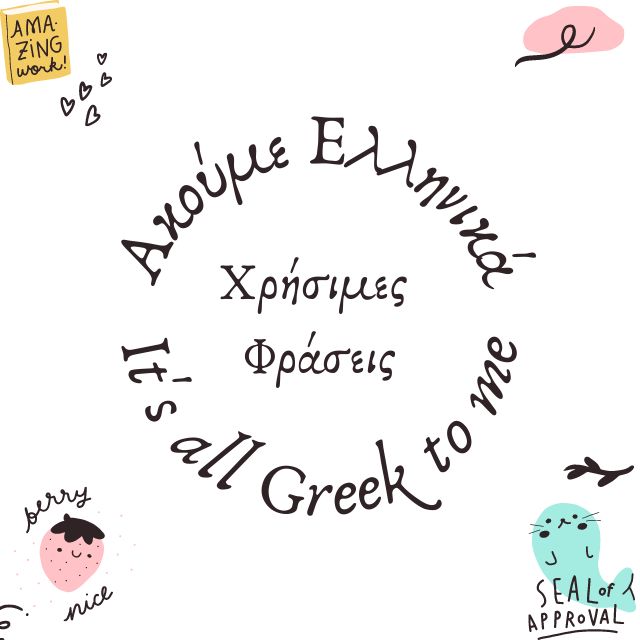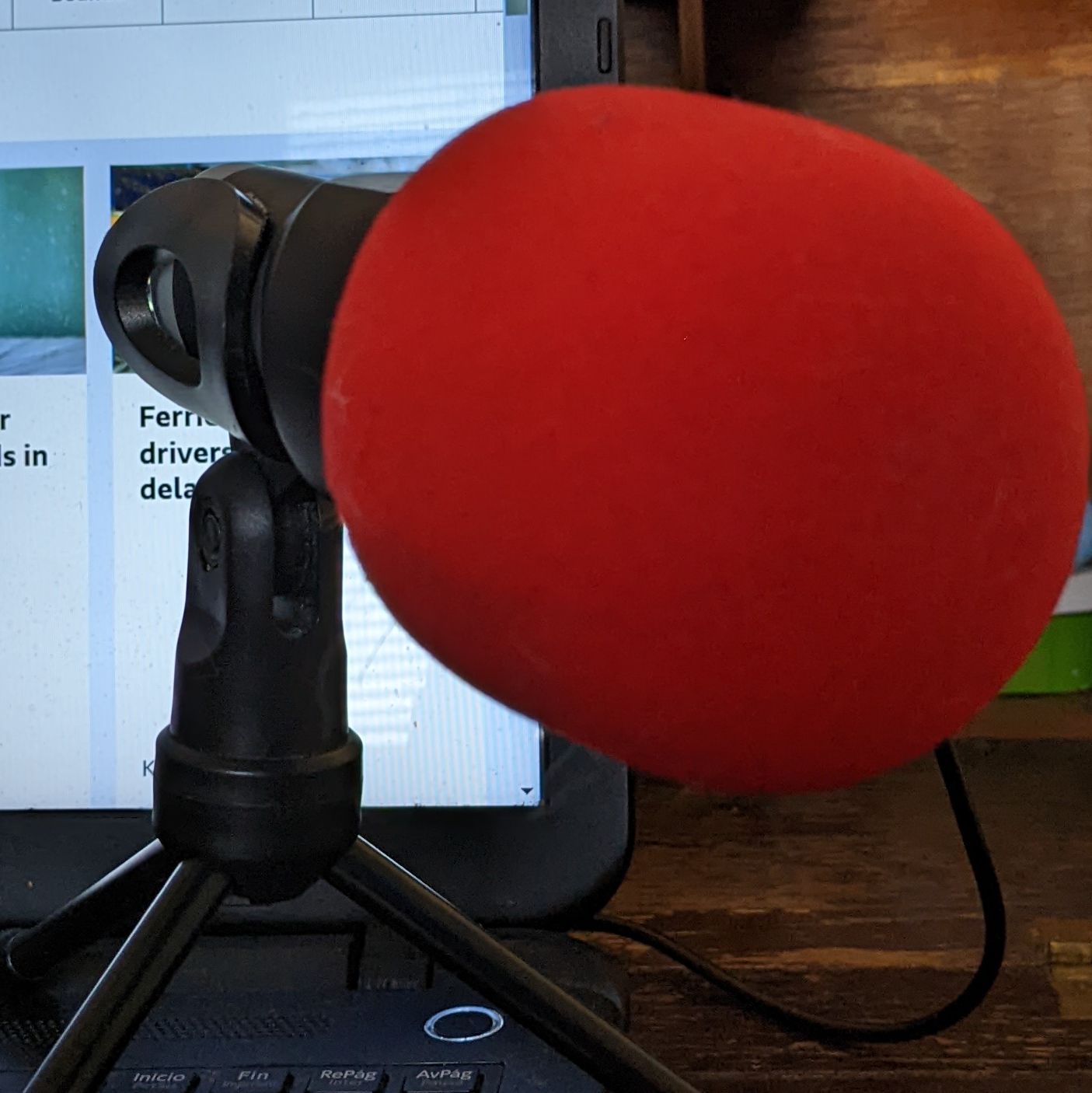
How to say sorry in various registers of English
描述
TRANSCRIPTION (explanation included)
These expressions of apology encompass a range of tones and levels of formality. In everyday conversation, one might simply say "sorry" or "my bad" to acknowledge a mistake. When the apology is sincere, phrases like "I sincerely apologize" and "I'm truly sorry" convey the depth of regret. In informal settings, a more casual approach may be taken with expressions like "I messed up" or "oops, I'm sorry," adding a touch of camaraderie. For matters necessitating decorum, a formal approach may involve phrases like "I offer my most sincere apologies" or "please accept my formal apology," while emphasizing the depth of regret. Politeness tempers the apology in expressions such as "I'm so sorry" and "please forgive me," demonstrating a genuine desire for reconciliation. A touch of wit adds a layer of humor to the apology, as seen in expressions like "I'm on the apology tour" or "I'm in hot water." In more refined circles, the upper class might communicate their regret with statements like "I must express my profound regret" or "please accept my sincerest apologies," maintaining an air of warmth. For royalty, an apology is conveyed with grace and respect, as in "I extend my most heartfelt apologies" or "please accept my deepest regrets," underscoring the formal nature of the response. Ultimately, the choice of expression hinges on the context and the level of decorum required for the situation at hand.
播客频道
LEARN BY LISTENING
播客创作者
所有播客集

Greek Survival Phrases II

Stereotypes and cliches about the russians! 1 th part! Стереотипы и клише о русских!

Tradiciones raras en España

SWE36 USB Cables vs. Bluetooth wireless connections

How to Improve Your Business English Writing Skills

KAPAP (Krav PAnim el Panim)🎧

SWE 70 Ancient Dream National Emblem

Are labels like A1, B2 and C1 Motivating or Debilitating?
热门播客集

it's all Greek to me!
Greek Survival Phrases II

russian in context
Stereotypes and cliches about the russians! 1 th part! Стереотипы и клише о русских!

Se armó la Marimorena - Spanish Podcast
Tradiciones raras en España

Streetwise English
SWE36 USB Cables vs. Bluetooth wireless connections

Express to Impress
How to Improve Your Business English Writing Skills

Mucho que decir
KAPAP (Krav PAnim el Panim)🎧

Streetwise English
SWE 70 Ancient Dream National Emblem

Teacher Joseph's Podcast
Are labels like A1, B2 and C1 Motivating or Debilitating?